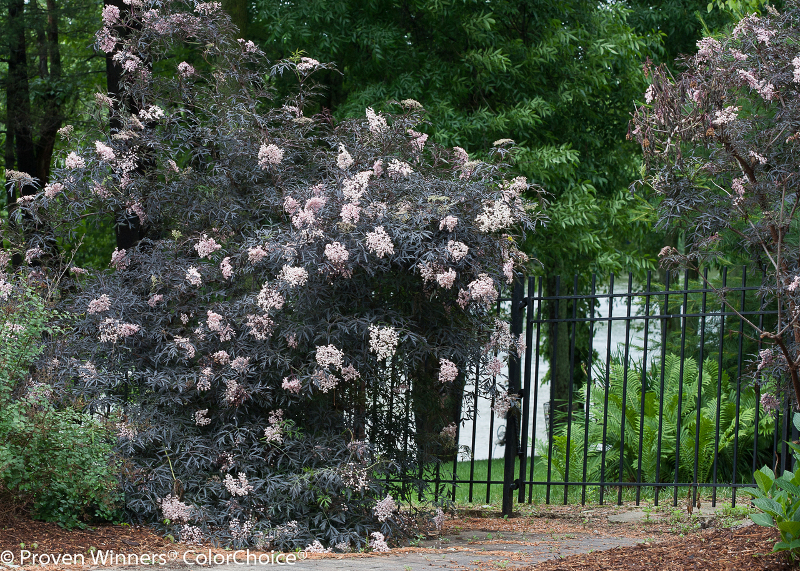Why should you fertilize your elderberry plant? Whether you’ve got a newly planted elderberry or an established one, there are many benefits to annual fertilizing in early spring. With newly planted and young elderberry plants, it is best to allow about a month's time to examine the growth and see how prolific the foliage is.
If you notice that the growth is sparse within this month of examination, it may be time to add some fertilizer! In older and established elderberry plants, fertilizer may be necessary if foliage isn’t as lusciously green and prolific as it should be or if flowering hasn’t happened and you’re past the blooming period of early summer.

How to Fertilize Elderberry
Let’s start with the basis of the soil: pH should be between 5.5 and 6.5. If the soil is too alkaline or acidic, amendments should be added. pH amendments can be added after planting around the base of the elderberry, but be sure not to add directly on the roots or you’ll burn them. Due to the nature of the elderberry roots, it would be wise to add these amendments to additional soil and lightly cover the base of the plant.
Annual fertilizing is best when used in moderation. If your elderberry is doing well and has prolific growth and blooms, keep the fertilizing to a smaller quantity as too much fertilizer will create excess nitrogen and limit the highly sought after blooms.
Ammonium nitrate can be added in quantities of 1/8lb per year of growth, up to 1lb. 10-10-10 fertilizer is another option can be applied in quantities of 1/2lb per year of growth, up to 4lbs. Ensure that your elderberry has proper drainage in its location and keep the soil moist for best results. Elderberry plants thrive with 1”-2” of rain per week, so supplemental irrigation alongside good drainage will make a happy plant that will produce beautiful blooms and berries.
Best Time To Fertilize Elderberry
Annual fertilizing is best done once per early spring. If your elderberry is green, luscious and full of blooms in early summer the year prior, fertilizing should not be excessive.
Best Fertilizer For Elderberry
Ammonium nitrate is a highly used fertilizer that benefits healthy growth. 10-10-10 fertilizer designed for shrubs may also be used. Use according to the directions on the specific type of fertilizer you have.
Elderberry Fertilizing Tips
- Examine growth to determine amount of fertilizer needed
- Fertilize in early spring
- Don’t over-fertilize as this will inhibit blooming and fruiting
Warnings
-Always wear protective gloves and a face mask when handling chemical fertilizers.
-Closely follow all directions and storage guidelines that are on the fertilizer label.
 |
Author Chris Link - Published 01-15-2022 |
